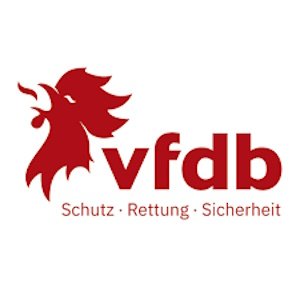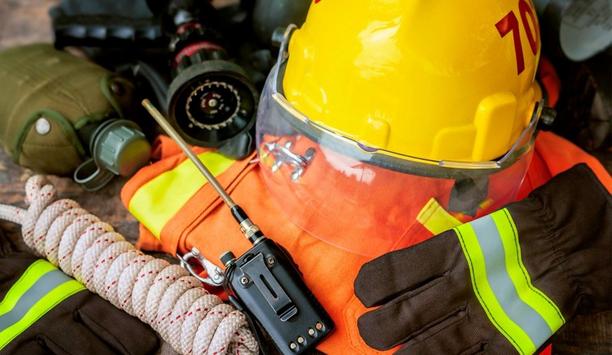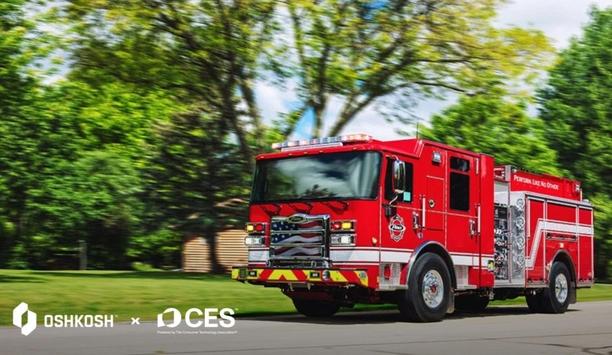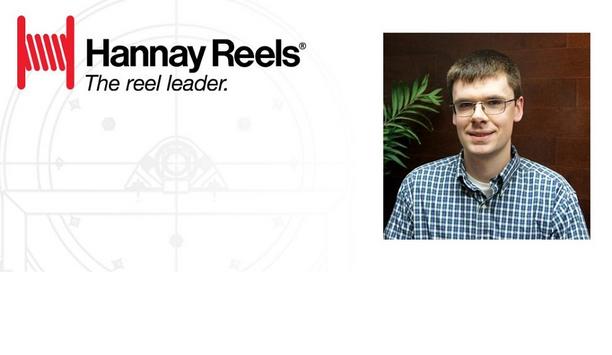The Association for the Promotion of German Fire Protection (vfdb) is celebrating its 70th anniversary. It was founded on May 22, 1950 in Stuttgart-Bad Cannstatt to further develop German fire protection scientifically and technically.
“Over the past seven decades, we have succeeded in creating an internationally renowned network of experts for protection, rescue, and security,” says vfdb President Dirk Aschenbrenner. “Whether in fire protection or technical assistance, in rescue services, disaster control or environmental protection – the vfdb offers extensive technical support,” continues Aschenbrenner. “Users such as fire departments and aid organizations are united with scientific institutions and service providers from industry and the service sector.”
Digital technology
There will be no special anniversary celebrations this year due to the coronavirus pandemic
There will be no special anniversary celebrations this year due to the coronavirus pandemic. Originally, the founding day was supposed to be honored during the NTERSCHUTZ in June in Hanover, but this was postponed until next year.
“Instead, we will celebrate the event digitally, so to speak,” announced the vfdb president. “We will review 70 years of vfdb on our website www.vfdb.de. At the same time, we would like to emphasize the value that digital technology has today. Because without them, our industry would not be sustainable either.”
International fire service organizations
The number of vfdb members has risen from 400 in 1950, the year it was founded, to now more than 3,000, both individual members and corporate members from business and society. “This includes, among other things, more than 100 city administrations, as well as ministries, research institutes, associations, clubs and the associated national and international fire service organizations,” explains vfdb General Secretary Dr. Dirk Oberhagemann.
With its specialist departments, ad hoc working groups and participation in and organization of specialist conferences and trade fairs, the vfdb creates a broad dialogue platform and contributes its expertise to public and political debates.
Improving the fire safety of facades
Specialist data, position papers, policies, and expert magazines support the work of the experts
Research and development make up a significant part of the work. Specialist information, position papers, guidelines, and specialist magazines support the work of the experts. The vfdb is also involved in standardization work.
“In 2017, after the devastating fire in Grenfell Tower in London and a serious bus fire in Bavaria, we made our recommendations for improving the fire safety of facades and buses public through position papers,” says the Vice President and Chair of the vfdb Technical-Scientific Advisory Board, Dr. Anja Hofmann-Böllinghaus.
Innovative products and processes
The vfdb also promotes innovative products and processes and awards its own “Safety made in Germany” seal of quality. The results of the specialist presentations, lectures, and discussions at conferences and seminars are documented and are available to the interested public at home and abroad.
The vfdb has been significantly involved in the INTERSCHUTZ trade fair since 1953
As a conceptual sponsor, the vfdb has been significantly involved in the INTERSCHUTZ trade fair since 1953, which has long since developed into a pioneering world trade fair organized for 40 years by Deutsche Messe AG, Hanover. The vfdb is responsible for organizing the conceptual part. The next INTERSCHUTZ will take place from June 14th to 19th, 2021 in the state capital of Lower Saxony. “It will once again become a huge showcase for innovations relating to security,” says Aschenbrenner.
Networked fire and rescue system
Regarding the future prospects of the vfdb's work, the President explains: “The motto is digitalization and networking. We have a huge opportunity to make our processes faster, safer and more efficient, and we must not lose touch. A networked fire and rescue system is no longer a dream of the future. We just have to stubbornly continue to push the issue forward.”
According to Dirk Aschenbrenner, technical change, climatic changes, and social developments mean constantly new challenges and at the same time new opportunities: “If we ignore these opportunities, our rescuers will increasingly reach their limits. Many features already exist: tablets and telemedicine, drones or virtual reality – we just have to integrate them into our systems in a meaningful way.”

















